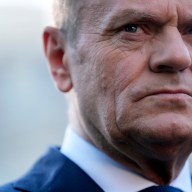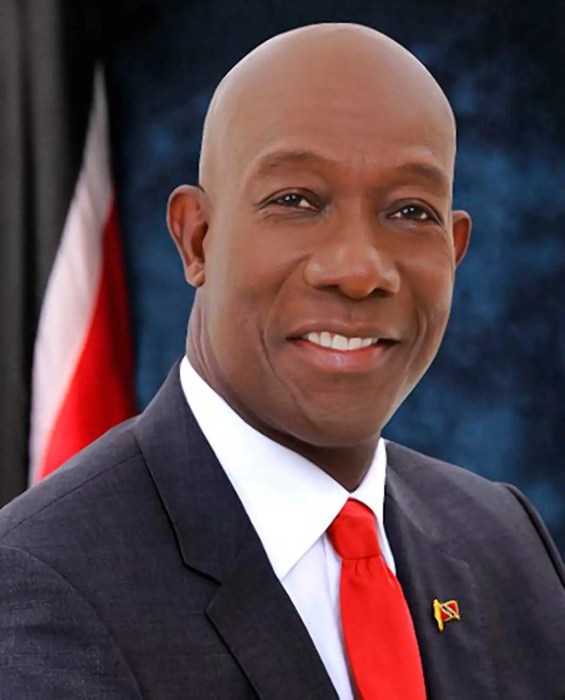By Virginia Furness
LONDON (Reuters) – The Australian dollar nosedived after its central bank opened the door to a possible rate cut in a remarkable shift from its long-standing tightening bias, a further indication of global economic slowdown.
The policy shift caught some investors off-guard as only just the previous day the RBA had steered clear of an easing signal when holding its official cash rate at a record low 1.50 percent for the 30th straight month.
The Australian dollar plunged 1.5 percent overnight and was set for its biggest daily drop in a year.
Elias Haddad, rates and FX strategist, at Commonwealth Bank of Australia said that while there was a risk the Aussie dollar could test $0.70, a more pronounced downward move was unlikely.
“As a bank we have pushed out our call for a 25 basis point rate hike by one year to November 2020 from November 2019,” he said.
Australia’s central bank is the latest to signal policy easing in the face of global economic headwinds.
Last week, the U.S. Federal Reserve all but abandoned plans for further rate hikes, citing slowing global growth as a risk to the world’s top economy. The European Central Bank has also sounded less certain that it will start tightening later this year.
Donald Trump’s combative State of the Union address added to the gloom on markets as the U.S. president unveiled no new infrastructure initiatives and instead raised the prospect of another shutdown should financing not be forthcoming for the wall on the U.S.-Mexico border he wants to build.
As such the dollar settled near a two-week high.
In the annual speech outlining his priorities for the coming year, Trump said illegal immigration was a national crisis and reiterated his vow to build the border wall.
Futures trading indicated a weaker open to the U.S. stock markets with the S&P down 0.16 percent, and Nasqad down 0.07 percent.
The MSCI world equity index, which tracks shares in 47 countries, was last down 0.07 percent at around 0900 GMT.
European stocks markets opened slightly in negative territory as a fresh new batch of earnings failed to lift spirits after Trump’s address touched on trade and budget issues but provided investors with few insights.
Banks were the biggest drag on the STOXX 600, with shares BNP Paribas down 1.6 percent after France’s largest-listed lender lowered its profit and revenue growth targets for 2020 after a tough fourth quarter.
Germany’s DAX opened 0.2 percent lower, France’s CAC 40 was down 0.4 percent and Spain’s IBEX fell 0.1 percent. The euro zone blue chip index fell 0.3 percent.
EUROPE DRAGS
Further weak data from Europe prompted demand for core euro zone bond yields as investors pushed back expectations that the European Central Bank will hold back from rate hikes.
German industrial orders fell unexpectedly on weak foreign demand in December, data showed on Wednesday, a further sign that companies in Europe’s largest economy are struggling with a slowing world economy and trade disputes.
Investors will also be looking to the European Commission’s winter macroeconomic forecasts, due to be published on Wednesday or Thursday. Large downward revisions to growth and inflation are likely, according to analysts at Societe Generale.
“The EC forecast will give a pretty good guideline of how much the ECB will revise their own economic forecasts,” said CBA’s Haddad.
German 10-year government bond yields, the benchmark for the region opened one basis point lower on Wednesday at 0.16 percent, well off the 0.21 percent highs hit on Tuesday.
Italian debt was in focus with the Treasury planning to sell a 30-year bond via a syndicate of banks. Italian 30-year government bond yields jumped to three-week highs at 3.678 percent as investors sold bonds to make way for the new issue.
Sterling meanwhile was a shade lower at $1.2930 after losing nearly 0.7 percent on Tuesday on weak Purchasing Managers Index data for Britain and uncertainty about Brexit talks.
U.K. Prime Minister Theresa May will travel to Brussels on Thursday to tell EU leaders they must accept legally binding changes to the Irish border arrangements of Britain’s divorce deal or face a disorderly no-deal Brexit.
(Editing by Jon Boyle)


















